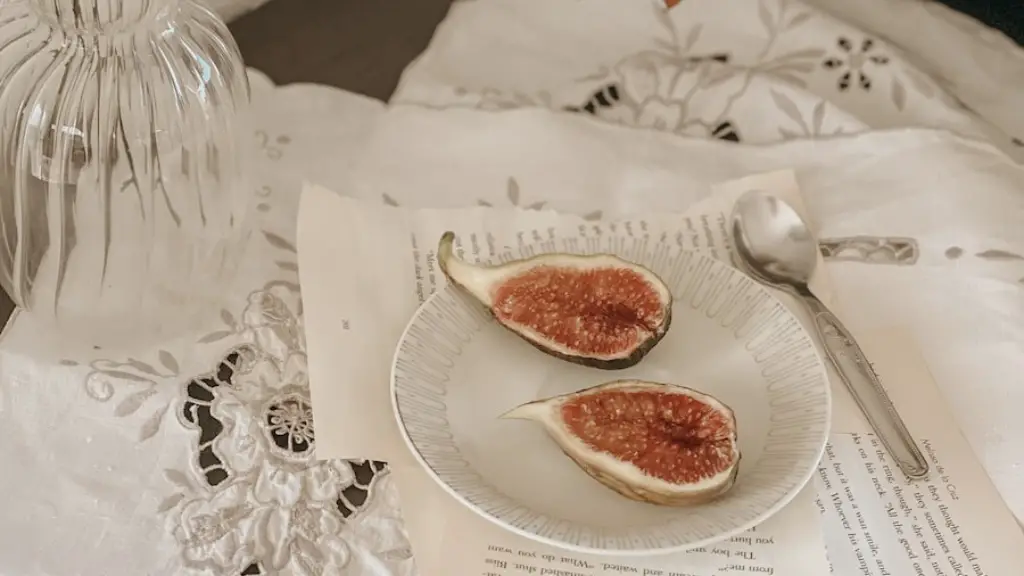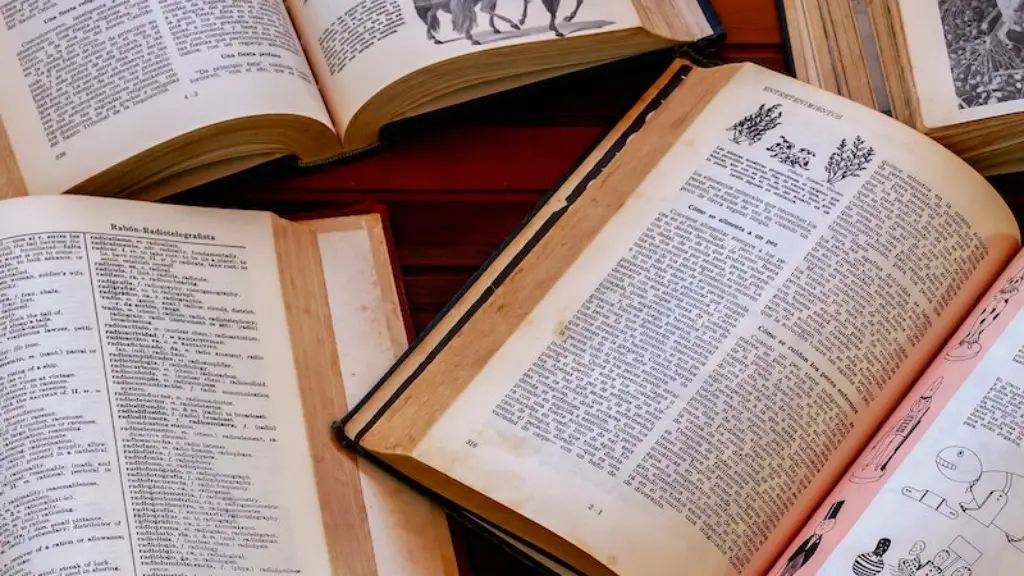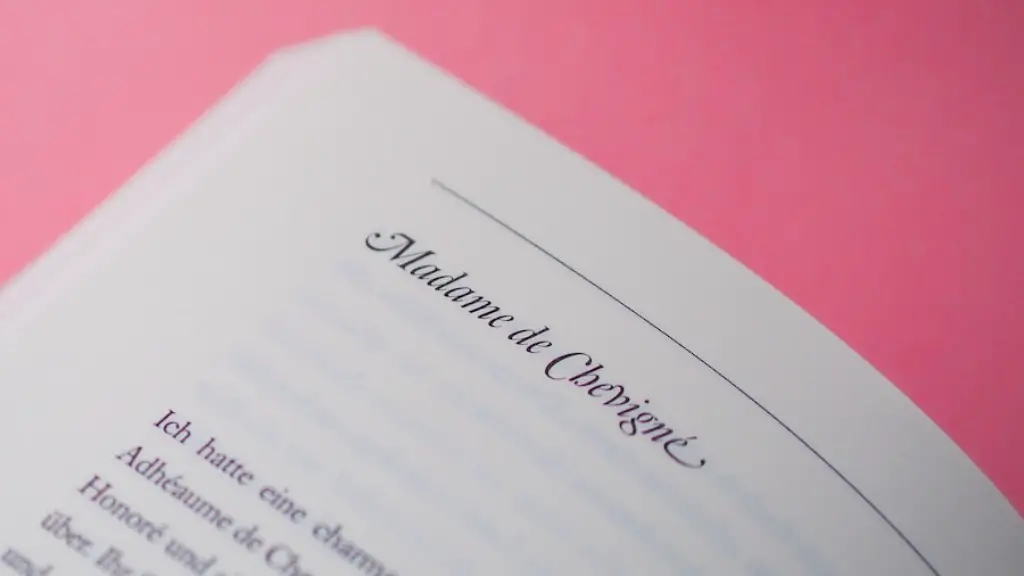Poetry is a form of artistic expression that captures emotion and adds a unique and powerful layer to language. It allows people to express emotions, share stories, create worlds, and learn about themselves and each other. Poetry harnesses feelings in ways no other medium can do and supports communication between different cultures and languages. It also has the potential to provide therapeutic value and can help with personal development and growth. Additionally, poetry offers a fun and creative way to learn and experience the power of language.
Poetry has the capability of capturing the entire spectrum of human emotion, from extreme joy to deep sorrow, fear and anger, to moments of peaceful serenity. Its use of language draws the reader into a unique and often unpredictable narrative. Through a combination of rhythm and imagery, poetry has the capacity to tap into the deepest, most hidden emotions of the human heart and soul. By expressing how people feel, poetry provides people an outlet to let out their innermost thoughts and feelings.
Exploring the world of poetry is not just a fun and creative way to express emotion, but it is also a great way to learn the subtleties of language. Poetry has the potential to help readers learn to control and shape language in a range of ways, from the most minimal use of words to lengthy and intricate epics. In particular, poetic devices, such as alliteration, metaphor, puns, and similes, help readers understand language more profoundly, by drawing attention to the nuances of words and the way they can be used to emphasize a particular point.
Further to this, poetry can have a calming, therapeutic effect. Expressing feelings through poetry can be cathartic and has the potential to provide healing for difficult life events. Poetry also encourages self-reflection and helps readers gain valuable insights about their own emotional states and the way in which they approach the world.
In a world of increasing technology, digital media and mechanization, poetry offers a much needed human connection, by providing an imaginative, thoughtful space in which to explore ideas and emotions. It is a timeless genre that allows readers to step away from their everyday lives in order to reflect and enjoy the beauty and power of words.
Interaction with Poetry – Love or Hate
A person’s individual response to poetry varies. For some, poetry is a way to escape the mundanity of everyday life and invites more sophisticated thinking; while for others, it can be an unwelcome intruder, obscuring the meaning of words and resulting in frustration.
Poetry often takes more effort to understand than regular speech. Poets use language and imagery that can be difficult to interpret, explore new worlds and make use of powerful yet abstract metaphors. This means that some readers are challenged in their interpretation and can easily become overwhelmed.
On the other hand, taking the time to try and understand poetry can be incredibly rewarding. For those willing to take their time, there is the potential to uncover great emotional truths and gain insight into the human condition.
For those who are passionate about poetry, it can be a great source of joy. Empathy and understanding can be established through reading poetry, which can be a great source of comfort and validation.
The Power of Poetry
At its fullest potential, poetry can be used a powerful tool of expression, communication and healing. It can help to open up conversations and draw attention to difficult topics in a creative and engaging way.
Poetry can also be used to create a shared understanding and celebrate difference, culture and language. Poetry readings, workshops and other activities provide a great way to bring different people together as they bond over their shared love of rhyme and rhythm.
Another benefit of poetry is that it can be used to build upon traditional ideas and provide a new perspective. By enabling readers to explore emotions and ideas in new ways, poetry has the potential to foster fresh thought.
Finally, from books and films to music and street art, poetry can be found in almost every corner of culture. This shows how universal and dynamic poetry can be, as it speaks to many people regardless of age, race, gender, or language.
Poetry and Technology
Poetry and technology may lack obvious integration, yet both offer alternative routes of thought and experience. Technology has opened up a wide range of opportunities, from communication to creativity, that can easily be combined with poetry.
Today, platforms such as Instagram, Facebook, and Twitter are all being used to share poetry. Poets have the opportunity to share their work with a huge, global audience and find new ways to involve people in all aspects of the creative process.
Technology also brings with it the ability to search for the perfect poem for any occasion, thanks to platforms like Occasion Poems, or explore a variety of new poetic forms, such as spoken word, rap, and haiku. By combining the power of technology and poetry, readers can explore a range of new materials and stimulate their imagination.
Education, Social Literacy and Poetry
Education is a crucial part of any child’s development and effective social interaction. Introducing children to poetry at a young age helps to nurture their creative abilities and can have a positive impact on their writing skills, vocabularies, reading comprehension and even problem solving. Poetry can also provide an outlet for emotive expression, enabling young people to understand the diversity of human emotion.
As children grow older, poetry can provide them with an extended toolkit to explore the world around them and raise questions they might not have asked before. By providing this kind of stimulus, poetry has the potential to increase social literacy, enhance creativity and provide powerful educational experiences.
Mental Health, Therapy and Poetry
Poetry is said to be good for both physical and mental health, as it stimulates the body and provides an outlet for balance and relaxation. Expressing one’s innermost thoughts and feelings through poetry can be a great source of relief for those dealing with difficult emotions. Additionally, writing can help people express themselves in ways that otherwise might remain hidden.
As well as providing relief, writing down one’s thoughts and feelings can help to build self-awareness and insight. This can help people to gain clarity and knowledge about their own behaviour, as well as provide them with the ability to make better decisions in the future.
Finally, poetry can be used as a form of therapy in more formal settings. Studies have shown that poetry therapy can be hugely beneficial in the fields of health and well-being, helping those with depression, anxiety, and other forms of mental illness.
Conclusion
Poetry is a deeply personal form of expression that has the power to capture emotion, tap into thoughts and feelings, and build an imaginative world. Its unique style of storytelling also enables readers to explore emotion and language in new ways, making it a great source of creativity, education, reflection and therapy. Additionally, the combination of technology and poetry has the potential to open up new opportunities and enhance the reading experience. Finally, there is no denying the power of poetry to bring joy, comfort and empathy. As a timeless genre, poetry has the capacity to connect cultures and provide an insight into the innermost thoughts and feelings of humanity.





